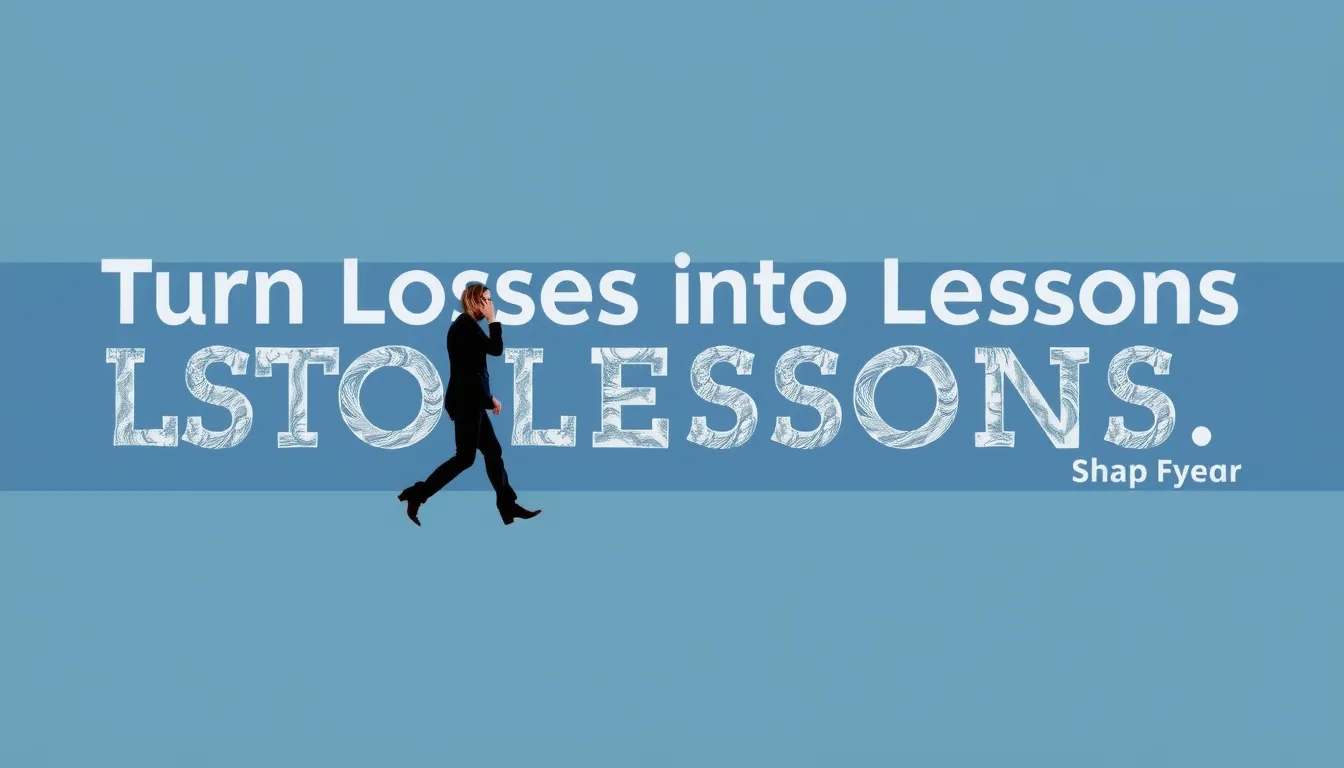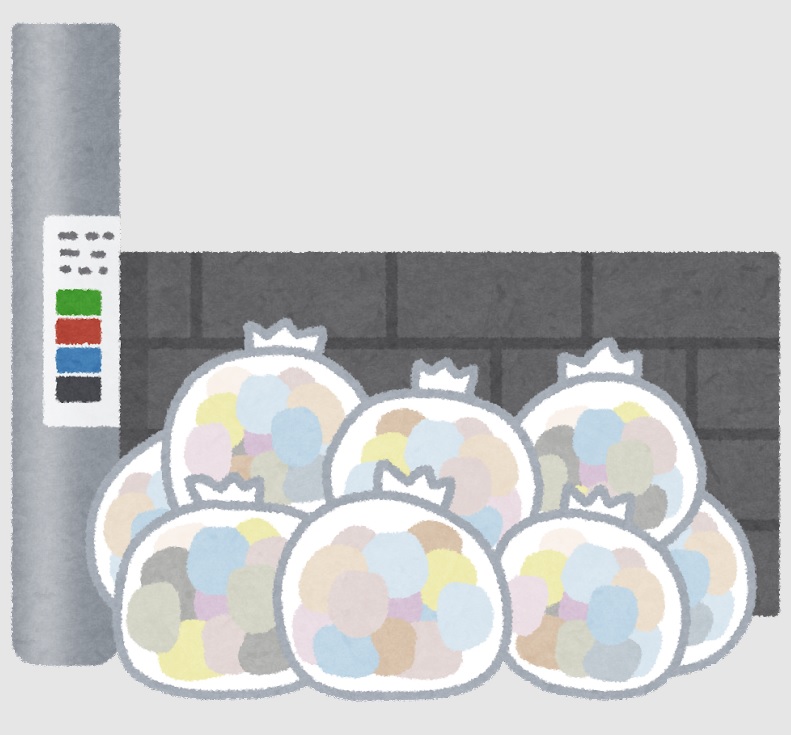「結局ゴミはゴミ|解約して賢い投資へ。お金を育てよう!」
〜前回のつづき〜
●損から学び、未来を変える。

誰しも損するのは辛いのはわかります。
でもこれは勉強料として受け止める。
結局のところやはり
積立型の保険というのは
契約した段階で
ほとんど損しちゃうんですよ。
先ほどの例で言えば
150万円払い込んでるのに
解約して110万円返ってきたとして
40万円損しちゃうんですけど
この返ってきた110万円を
投資に回せば
下手に15年とか継続するよりも
利回り3%でも
普通に投資に回しておけば
171万円に成長してくれます。
払い済み保険に変更だと
この110万円で
払い済み保険に変更したら
保険会社によって
多少上下はあるんですけど
120万円とか130万円とか
これぐらいの金額にしかならない。
結局
同じ年数拘束されるんだったら
普通に投資に回した方がいい
という事です。
利回り3%というのは
結構控えめに見てるので
全然
これ以上の利回りで回るという事も
十分にあります。
●まとめ
結局のところ
保険は保険
投資は投資
まぜるなキケン!
です。
ゴミ商品の契約内容を変更しても
結局ゴミはゴミです。
いくらこねくり回しても
結局ロクでもない商品なんですよ。
だからちゃんと
解約していい商品に投資しましょう。
お金を増やしたいのであれば
保険じゃなくて投資なんですよね。
保険をかけたいのであれば
必要最低限の保障だけ
掛け捨てでかければいい。
貯蓄性のある保険というのは
散々今までお話ししてきましたが
中身はボッタクリの投資信託なんですよね。
契約した段階で損する可能性が高い。
20〜30年積みたてるのであれば普通に
自分で投資すればいいんですよ。

「お金を増やしたい!」

「銀行に預けているよりはいいや!」
と言って
保険なんかを契約しちゃうんですけど
中身はボッタクリの投資信託なので
それであれば自分で投資信託を
ちゃんといい商品を買いましょう。
ちゃんと
こういうの買ったらいいと思いますよ
というのも以前お話ししています。
死亡やリスクに備えるという
保険本来の意味ですよね。
万が一の時に備えるのであれば
これは掛け捨て保険でいいんですよね。
心情的に損切りというのは辛いですよね。
結局損しちゃうとやはり解約しづらい。

「損するの嫌だなぁ」
というのは誰でもそうですよね。
でもこれは

「気づけて良かった!!」
と考えるべきですね。
月割りしてみると
掛け捨てに比べると
確かに割高にはなっちゃったんですけど
ただ保険期間中に
何も事故が無くて良かったと
思えばいいんですよ。
保険とは
そもそもそういうものです。
今後の保険は
安い掛け捨てを
最小額かけるだけでいいです。
今までは
ちょっと高い保険料を
払っていたかもしれないけど
今後の保険は
安い掛け捨てを
最小額でかけていけばいいんです。
失敗せずに行ける人はいません。
日本人の9割が保険に入ってるので
失敗なく行ける人というのは
保険に限らずなんでもですけど
いないですから。
解約すると
手元にキャッシュが増えるので
安心感につながりますし
毎月の支払いも楽になると思います。
最終的な判断はもちろん各自の自由です。
全く否定する気はありません。
あくまで個人的な意見です。
私の個人的な見解をお話ししてみました。
保険にについては沢山語ってるので
今までのお話しを
参考にしてもらえたらよろしいかと思います。
Special Thanks college president Ryo.

●おまけ
≪≪Chat-GPTくんによる要約→perplexityちゃんによる文章まとめ≫≫
保険と投資は別物であり、混同してはいけません。積立型保険は契約時点で既に損失が高く、長期的に見ると非効率的です。解約金を投資に回すことで、より良い運用が可能となります。
保険の本来の目的は、万が一のリスクに備えることです。そのため、必要最低限の保障を掛け捨てで加入するのが賢明です。貯蓄性のある保険は実質的に高コストの投資信託であり、自分で適切な投資商品を選ぶ方が有利です。
損失は辛いものですが、早期に気づけたことをポジティブに捉えましょう。失敗は誰にでもあり、そこから学ぶことが重要です。解約によって得られる安心感や経済的余裕を考慮し、自分に最適な選択をすることが大切です。
Citations:
[1] https://studyhacker.net/concorde-effect
[2] https://www.axa.co.jp/about-insurance/column/saving01/
[3] https://mylifefp.com/fp/2017/02/09/funds-merit/
[4] https://fxism.jp/20220202/
[5] https://note.com/ai_powerlabo/n/n2c28c725d1ab
[6] https://moneiro.jp/media/article/variable-insurance-investment
[7] https://chester-tax.com/encyclopedia/17425.html
[8] https://www.recruit.co.jp/blog/guesttalk/20240305_4506.html
[9] https://www.41fp.com/media/life-insuarance/gaikadatehokent-tousisintaku/
[10] https://money-guide.chibabank.co.jp/column_insurance/comparison_investment/
≪≪Chat-GPTくんによる英訳≫≫
~Continuation from the previous discussion~
【Learn from Losses, Change Your Future】
We all know how difficult it is to face losses.
But view it as a learning opportunity, a tuition fee for growth.
In the end, accumulation-type insurance generally results in a loss
right from the moment you sign the contract.
For example, if you’ve paid 1.5 million yen but cancel the policy and only get 1.1 million yen back,
you’ve lost 400,000 yen.
However, if you invest that 1.1 million yen,
it will grow to 1.71 million yen with just a modest 3% return,
which is better than continuing the policy for 15 years.
If you switch to a paid-up insurance policy,
the 1.1 million yen will only turn into around 1.2 to 1.3 million yen,
depending on the insurance company.
In the end, if you’re going to be locked in for the same number of years,
it’s better to invest it instead.
The 3% return is a conservative estimate,
and it’s very possible to achieve even higher returns.
—
【Summary】
In the end,
insurance is insurance,
and investment is investment.
Don’t mix them!
Changing the terms of a bad product still results in a bad product.
No matter how much you tweak it, it’s still a poor product.
So, cancel and invest in a good product.
If you want to grow your money,
insurance isn’t the way, investment is.
If you want insurance,
get just the minimum coverage with a term life policy.
As we’ve discussed before,
savings-type insurance is essentially a rip-off investment fund.
You’re likely to lose from the moment you sign the contract.
If you’re saving for 20-30 years,
it’s better to invest by yourself.
Many people think that insurance is a way to grow money,
but it’s actually just a rip-off investment fund.
Instead, buy good mutual funds on your own.
I’ve previously mentioned which types to consider.
Insurance should be about protecting against risks,
not about growing wealth.
If you’re preparing for an emergency,
a term life insurance policy is enough.
Cutting your losses is emotionally tough,
and it’s hard to cancel after losing money.
But anyone would feel that way—nobody likes losing.
However, think of it this way:
“I’m glad I realized this!”
When you break it down monthly,
it might seem like the term life insurance was a bit more expensive,
but in the end, it’s good that no accidents occurred during the coverage period.
That’s the essence of insurance.
From now on, keep insurance minimal with the lowest cost,
just enough to cover your needs.
You may have been paying slightly higher premiums in the past,
but from now on, keep it simple with inexpensive term life insurance.
No one can go through life without making mistakes.
Around 90% of Japanese people are in insurance,
so no one can avoid mistakes completely.
When you cancel, you gain cash on hand,
which gives you peace of mind and makes monthly payments easier.
Ultimately, the decision is up to you.
I’m not trying to push my opinion on anyone.
This is just my personal view.
Since I’ve talked a lot about insurance,
I hope you can refer to my past discussions for further insight.
Special Thanks OpenAI and Perplexity AI, Inc


